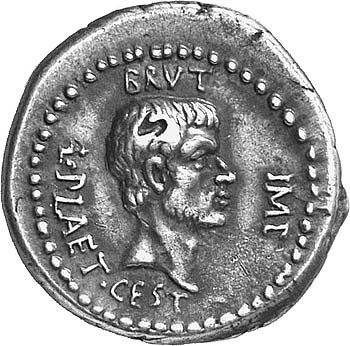A lot of people are interested in Roman History and naturally, there are a number of history podcasts that pay attention, in part or as a whole, to the Romans and the various aspects of their history.

For one there is the
History of Rome podcast. This podcast is entirely dedicated to Roman History. Host Mike Duncan studied Political Science and Philosophy and is therefore an amateur historian podcast. He goes through Roman history in chronological stages, by means of weekly 20-30 minute podcasts. He has reached the rise of Scipio (and the demise of Hannibal) in 200 BC. This is the period of the Punic wars.
I have just discovered this podcast. It is a straightforward, tell the history, monologue style podcast that is especially suited for those who want to know everything about Rome. As many podcasters, Mike Duncan is not a scholar in this field, and therefore hands the history by means of the facts as he knows them and engages less in interpretation, analysis and historiography.
History according to Bob has had a series on the Punic wars (or at least the first of those) and some more installments on Roman history, but unfortunately for those who arrive at his feed only by now, they are no longer available for download. On can purchase old podcasts on CD however.
More Bob:
The Franks,
Virginia Oldoini according to BobAlexander the Great,
Special acclaim for Bob Packett,
History according to Bob.
From the perspective of
Hannibal, there is one of the best lecture series brought out as podcast by historian and Hannibal specialist, the scholar Patrick Hunt. This podcast can be found on iTunes U in the history section of
Stanford University.
More Patrick Hunt:
Hannibal in the end,
Ten discoveries that rewrote history,
Patrick Hunt on Hannibal (and more),
Hannibal Barca on the couch,
Where did Hannibal cross the Alps?.
From Berkeley we have Isabelle Pafford in
History 4A The Ancient Mediterranean World. The last half of this lecture series is dedicated to Rome.
Also from Isabelle Pafford at Berkeley is
History 106B The Roman Empire, which deals very rapidly with early Roman history and focuses on the Empire.
More Isabelle Pafford and History4A:
The best History courses on podcast,
Alexander the Great,
Assyrians,
History 4A and others.
For many the history ends in 476 AD, but not so for the truly discerning. In the east the empire continued until 1453, as what we call Byzantium.
12 Byzantine Rulers is dedicated to the history of Byzantium. High school teacher and podcasting legend Lars Brownworth spent over two years piling up 18 episodes of this history podcast classic.
More 12 Byzantine Rulers:
Sources,
Byzantine Conclusion,
The Byzantine Empire on Podcast,
Byzantine Podcast.
 Within 24 hours:
Within 24 hours:
